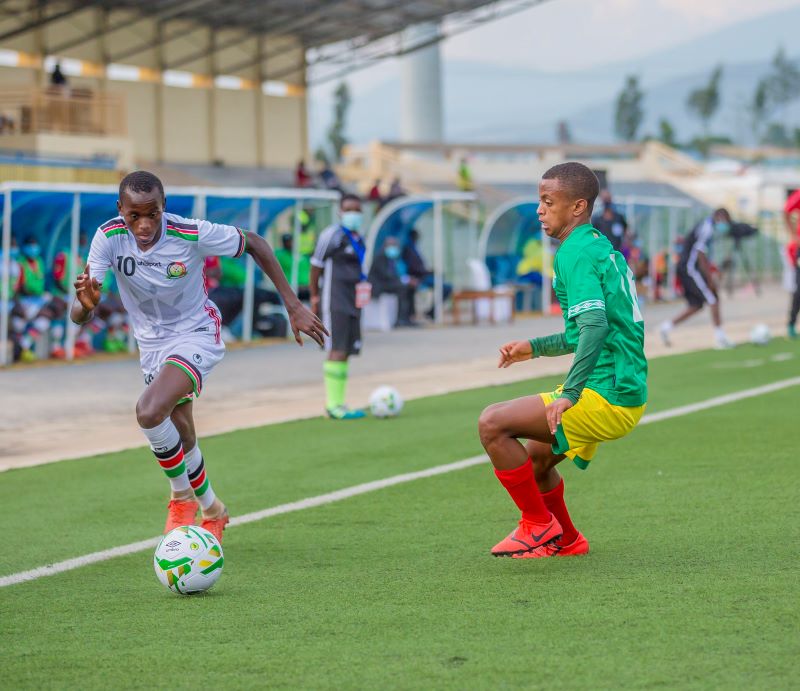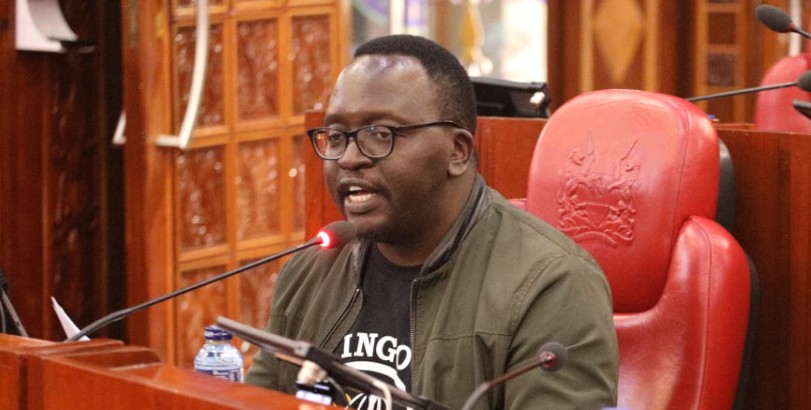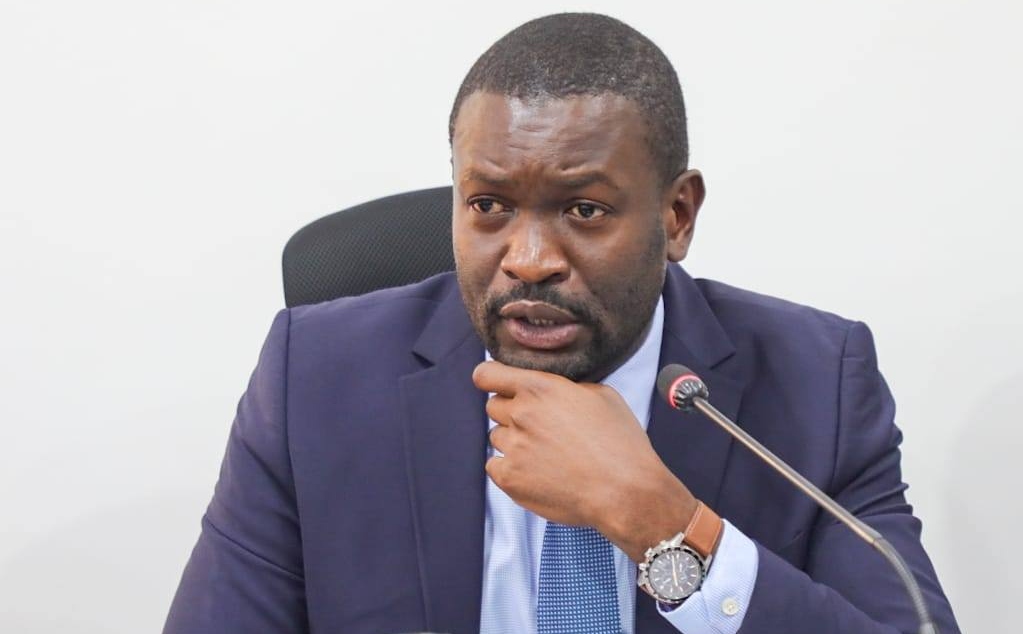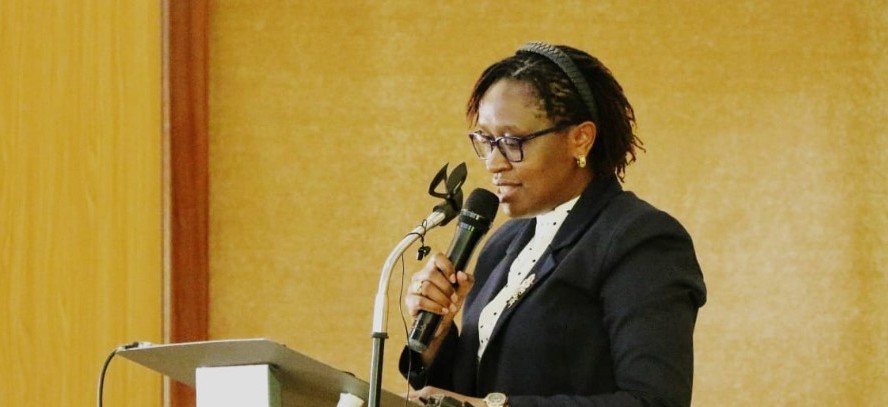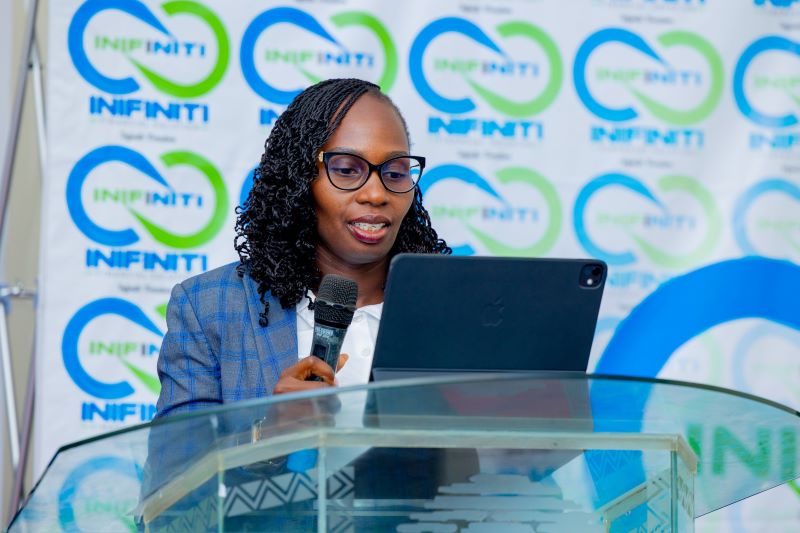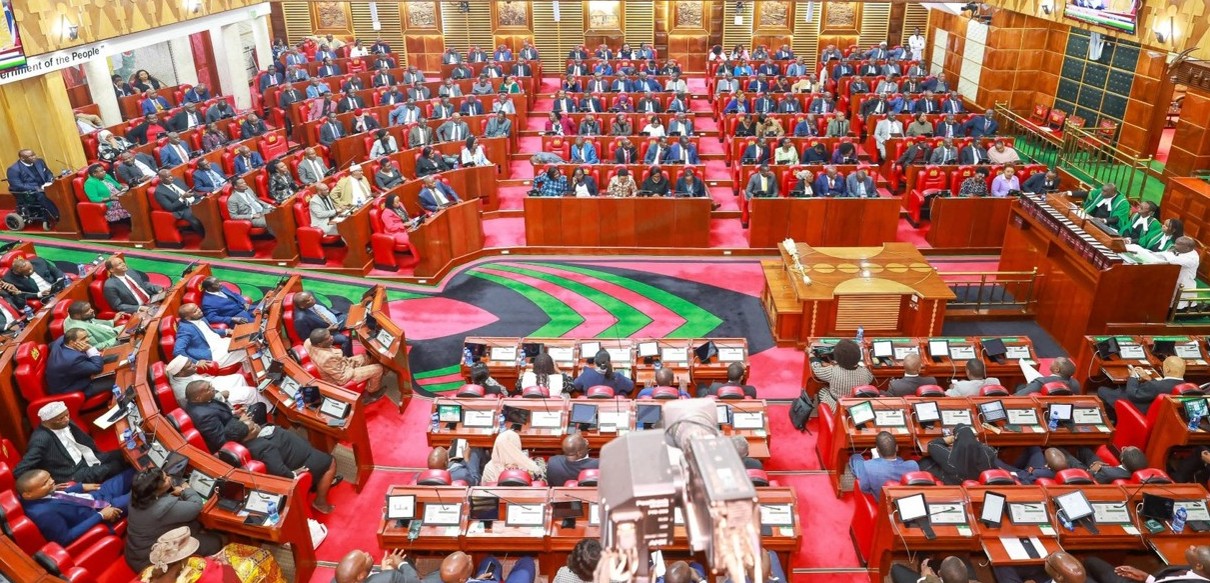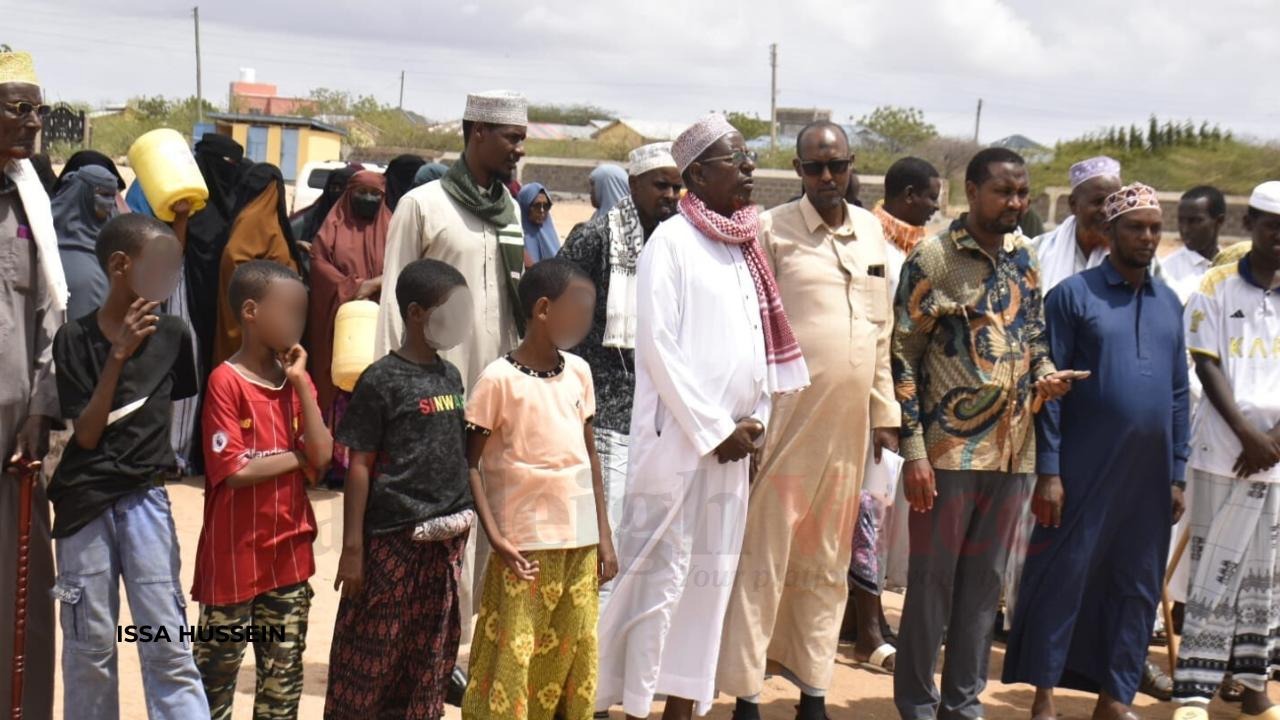Muslims to observe holy month of Ramadan from this week

Muslims believe Ramadan, the ninth month of the Islamic calendar, to be the holiest. It lasts 29 to 30 days, depending on the lunar cycle.
The Chief Kadhi of Kenya, Athman Abdulhalim Hussein, has instructed his officials to search for the crescent moon on Monday evening to alleviate confusion surrounding the beginning and conclusion of the Holy month of Ramadan.
In Kenya, there has been an ongoing disagreement among Muslims regarding the precise dates for the start and end of Ramadan, which commences after the eighth month of Shaban in the Islamic calendar.
More To Read
- Basbousa: The classic cake bringing families together
- Kenyans unite against Gaza genocide, call for Israel boycott at Uhuru Park protest
- From desert to dessert: The journey of dates to Kenyan tables
- Judicial Service Commission advertises five Kadhi posts in fresh judicial recruitment drive
- In Pictures: Muslims countrywide celebrate Eid-ul-Adha
- Muslims across Kenya mark Eid-ul-Adha with prayers and sacrifice
Taking to his social media pages, Chief Kadhi called for the sighting of the crescent moon for the month of Ramadan tomorrow evening (Monday, 11th March 2024), urging all Muslims in Kenya to participate in the observation.
"I appeal to all Muslims in Kenya to make an effort to observe the month of Ramadan 1445H. Whoever sights the moon, please contact us early through the following numbers or your nearest Kadhi: +254 712 625023, +254 103 626301," wrote Chief Kadhi
Muslims believe Ramadan, the ninth month of the Islamic calendar, to be the holiest. It lasts 29 to 30 days, depending on the lunar cycle.
The controversy surrounding the sighting of the moon has consistently posed a challenge for Muslim faithful, especially during the period of Ramadan, wherein the commencement and conclusion of the sacred month are contingent upon this observation.
While certain individuals opt to adhere to global moon sightings, others, such as Chief Kadhi, advocate for reliance on local sightings. It's worth noting that both approaches are deemed permissible within Islamic jurisprudence, as endorsed by different scholars.
By law, the Office of the Chief Kadhi is entrusted with the responsibility of formally declaring the commencement of fasting for the 30 days of the sacred month of Ramadan following the sighting of the new crescent moon to the Muslim community.
However, the Kenya Fatwa Council (KEMFAT) was formed last year after the religious leaders cited the lack of a recognised institution that needs to deliver Muslim rulings (Fatwa) in matters such as the commencing of Ramadan.
In a statement, the council said, “The only acceptable method to determine the start of the new month is the actual local sighting of the crescent by the teachings of the holy book of Quran and the ways/Sunnah of the prophet. A predetermined calendar which ignores actual sighting is not acceptable for observation of Ramadan, Idd celebrations and other religious rites and rituals.”
According to the Quran, Muslims are required to start the fast only after seeing the new moon.
Idd-ul-Fitr follows the end of the holy month of Ramadan in which Muslims fast and pray.
Idd-ul-Fitr is the time for Muslims to be joyous and celebrate their dedication throughout the 29-30 days of fasting during the holy month of Ramadhan.
In the past years, faithful have been left divided over the day to mark Idd-ul-Fitr celebrations as well.
Top Stories Today
Reader Comments
Trending

